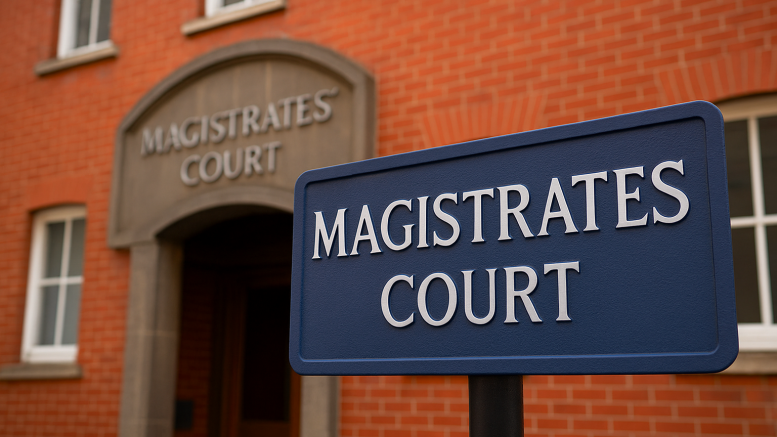A landlord in Leighton Buzzard has been fined after pleading guilty to unlawfully evicting a tenant, following a Central Bedfordshire Council investigation that uncovered breaches of the Protection from Eviction Act 1977. The case serves as a timely reminder that landlords must follow lawful possession routes to avoid costly penalties and criminal records.
Legal compliance remains key for responsible landlords
The investigation, launched in April 2024, found that the landlord, Stuart Lance Kellman, had unlawfully deprived a tenant of access to their home and removed the tenant’s belongings without following proper eviction procedures.
The case was brought before Luton Magistrates’ Court, where Kellman pleaded guilty to two offences and received a fine, resulting in a criminal conviction.
Central Bedfordshire Council stated that the outcome “reflects the seriousness of the offences and the risk posed to tenants,” adding that it reinforces the authority’s zero-tolerance stance toward unlawful evictions.
However, landlord groups note that such cases, while serious, are rare compared to the scale of the private rented sector. The National Residential Landlords Association (NRLA) has long urged the government to streamline eviction rules and court procedures so compliant landlords aren’t left waiting months to regain possession lawfully.
The fine line between rogue behaviour and procedural confusion
Landlord bodies argue that confusion over possession rules, particularly during ongoing reforms under the proposed Renters’ Rights Bill, has made it harder for responsible landlords to navigate the legal process. Many remain frustrated by slow court times and inconsistent guidance.
NRLA policy director Chris Norris previously commented that while genuine unlawful evictions should be prosecuted, “the real issue lies in the lack of an efficient, functioning possession system.” According to NRLA data, more than 60% of landlords who’ve sought possession in the past year faced delays of over five months, a situation pushing some towards risky shortcuts.
Local authorities, meanwhile, continue to pursue cases where evidence clearly shows tenants have been wrongfully displaced. Central Bedfordshire Council encouraged tenants who believe their rights have been violated to come forward, saying it “will not hesitate to take legal action against those who breach their responsibilities.”
Best practice for landlords during tenancy disputes
Legal experts stress that landlords must always follow the proper notice and court processes - even in cases involving rent arrears, anti-social behaviour, or property damage. Notices under Section 8 or Section 21 remain the only legal routes to possession until new legislation takes effect.
For landlords unsure of the correct process, seeking early advice from a letting agent, solicitor, or the NRLA can prevent expensive mistakes. As possession rules tighten under forthcoming reforms, due diligence and documented procedure will remain the best protection against enforcement action.
Editor’s view
While this case rightly penalises unlawful conduct, it also highlights the growing complexity landlords face in navigating tenancy law. With the Renters’ Rights Bill set to reshape possession rules further, many responsible landlords fear being unfairly caught in bureaucratic traps. Clearer legal guidance and faster court processing times are urgently needed - otherwise, more investors may simply choose to leave the sector altogether.
Author: Editorial team - UK landlord & buy-to-let news, policy, and finance.
Published: 10 October 2025
Sources: Central Bedfordshire Council; Luton Magistrates’ Court records; NRLA policy statements; UK Government housing legislation.
Related reading: Landlords call for urgent court reform as eviction delays cost thousands








